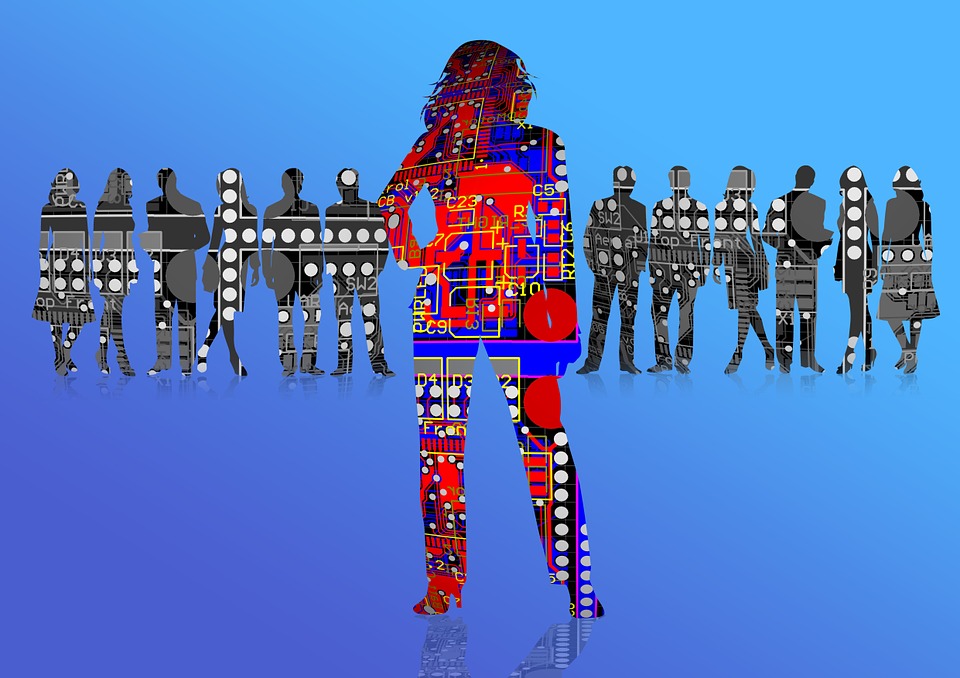New York Times sues Microsoft, OpenAI, claiming artificial intelligence copyright infringement
01/04/2024 / By Ethan Huff

In defense of its own existence, the New York Times is suing Microsoft and OpenAI for copyright infringement, arguing that the two entities’ artificial intelligence (AI) platforms constitute unfair competition and a threat to both the free press and society at large.
The first major American media organization to do so, the Times is concerned about the AI takeover of media as there is growing talk about AI robots taking over writing and journalism from the real-life humans who currently wordsmith the news.
According to the Times, Microsoft and OpenAI are responsible for “billions of dollars in statutory and actual damages” for their “unlawful copying and use of The Times‘s uniquely valuable works.”
The Times also wants the two corporate giants to destroy any and all chatbot models and training data currently in existence because they are using the media outlet’s copyrighted material, the suit alleges.
“Defendants seek to free-ride on the Times‘ massive investment in its journalism,” the suit further states, further accusing Microsoft and OpenAI of “using the Times‘ content without payment to create products that substitute for the Times and steal audiences away from it.”
(Related: Even though his own businesses are doing the exact same things, billionaire electric vehicle [EV] guru and X [formerly Twitter] icon Elon Musk says that Microsoft is working on a real-life Skynet AI program that will control “every facet” of human life.)
Will Microsoft and OpenAI take over the news?
One of the examples presented in the suit to substantiate these claims is the ChatGPT-powered Browse with Bing product, the result of which “reproduced almost verbatim” a product review website called Wirecutter that is run by the Times.
The suit accuses Microsoft and OpenAI of failing to attribute the content to Wirecutter and removed all of the referral links used by the Times to generate commissions from sales, resulting in a loss of revenue.
Microsoft and OpenAI “placed particular emphasis,” the suit adds, on using journalism from the Times because of the “perceived reliability and accuracy of the material,” the media outlet claims.
“If the Times and other news organizations cannot produce and protect their independent journalism, there will be a vacuum that no computer or artificial intelligence can fill,” the complaint reads. “Less journalism will be produced, and the cost to society will be enormous.”
Back in April, the Times tried to approach Microsoft and OpenAI directly about the matter in an attempt to explore “an amicable resolution” to the copyright issue. The attempt failed as Microsoft and OpenAI refused to come to an agreement.
Numerous other media outlets have successfully reached similar agreements with OpenAI concerning the use of their content. These include the Associated Press (AP) and Axel Springer, the German owner of Politico and Business Insider.
Representing the Times in the case is Susman Godfrey, the same law firm that early in December 2023 filed a proposed class-action lawsuit against Microsoft and OpenAI. Susman Godfrey also represented Dominion Voting Systems in its defamation case against Fox News back during the 2020 U.S. presidential election scandal.
Microsoft has stated publicly that it intends to invest $13 billion into OpenAI and is already using some of its technology in its search engine, Bing.
“They are just jealous that the AI bot can lie better than them,” joked one commenter about the beef between the Times and Microsoft/OpenAI.
“Kind of tells you all you need to know as to just how intelligent Ais are going to be if all they do is regurgitate BS off of the internet,” wrote another.
What do you think: Will AI successfully take over the world? Find out more at FutureTech.news.
Sources for this article include:
Submit a correction >>
Tagged Under:
AI, artificial intelligence, bing, computing, conspiracy, copyright infringement, cyber war, cyborg, deception, future science, future tech, Glitch, information technology, inventions, Journalism, lawsuit, mainstream media, Microsoft, New York Times, news cartels, OpenAI, revolt, robotics, robots, transhumanism, uprising
This article may contain statements that reflect the opinion of the author
RECENT NEWS & ARTICLES
COPYRIGHT © 2017 FUTURE SCIENCE NEWS



















